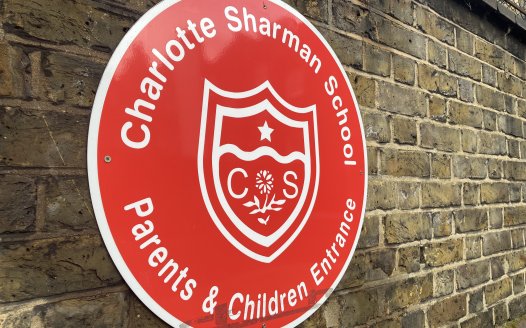Bill submitted to Scottish Parliament that would abolish religious representatives on education committees
Posted: Wed, 6th Nov 2013
An independent Member of the Scottish Parliament, John Finnie, has given his support to a campaign to remove the legal right of religious groups to vote on education matters on local council committees.
Mr Finnie has submitted a Private Member's Bill proposal that seeks to remove the mandatory involvement of religious representatives on these committees.
Mr Finnie, who represents the Highlands and Islands and resigned from the SNP last year, says his Bill would make local government more accountable and transparent.
The move follows a petition organised by the Edinburgh Secular Society calling for repeal of the law that requires three religious representatives to be appointed to each committee. Research by the ESS indicated that the Church holds the balance of power in almost two-thirds of the committees.
Mr Finnie's Bill must get the support of 18 MSPs in order to be brought before parliament.
Mr Finnie told the Scotsman newspaper: "In 21st century Scotland, when the single largest group of people identify as having 'no religion', obliging councils to appoint unelected religious representatives to their education committees is an archaic arrangement.
"This is about our democratic process, this is not an attack on our churches. Churches are perfectly capable of speaking for themselves. However, they have no democratic right to speak for the general populous."
Gary McLelland, chairman of the Edinburgh Secular Society, told the paper: "The Bill affords an opportunity for the mainstream churches and our elected politicians to reflect and act on the changing demographics within Scotland. They can show vision and leadership by actively supporting the bill and the democratic principles that lie behind it. We sincerely hope they do so."
Church leaders were furious at this development, with the Church of Scotland reminding people that it had started the Scottish education system and therefore had a right to its representatives on the committees – even though all the other members were elected.
The Catholic Church spokesman said church representatives offer "an invaluable service" by "promoting discussion" among elected representatives.
Terry Sanderson, President of the National Secular Society, said: "There seems to be a lot of special pleading by the churches who are understandably not pleased that society has changed and moved away from their control.
"They may, indeed, have been at the forefront of providing schools during the 19th century, but the state has now taken over that function — at least financially — and the churches should now step back and accept that we live in a much more diverse, democratic and freethinking society. There is no excuse for this privileged input that is denied to any other interest group."







